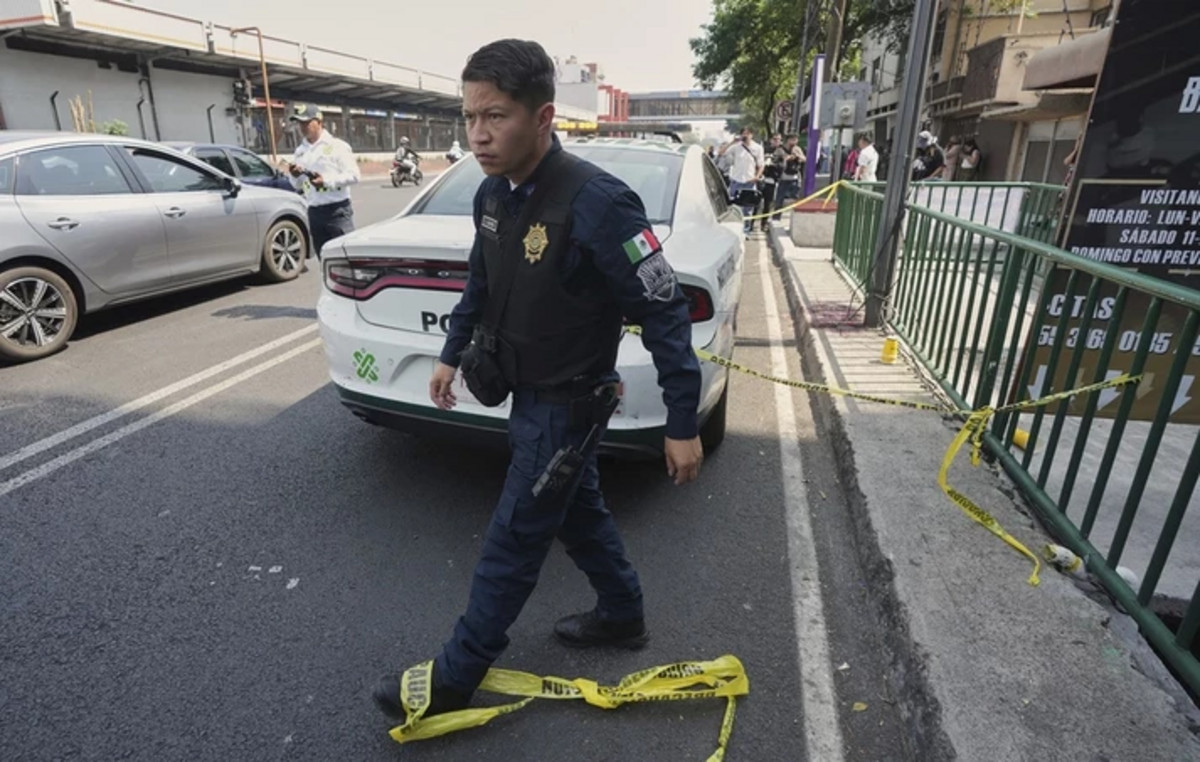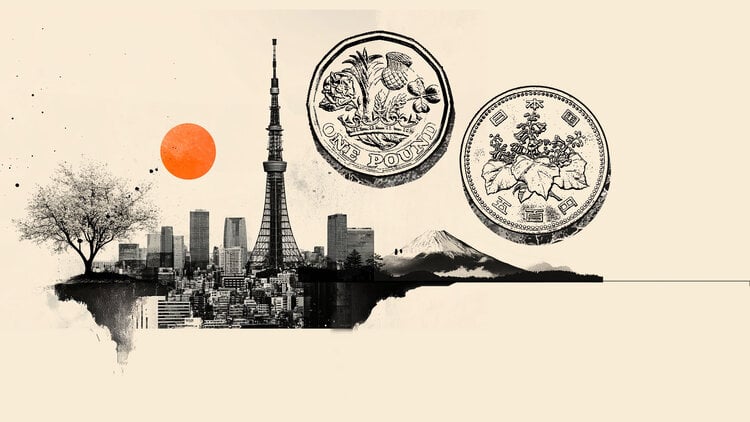We have argued for a long time that the ruble exchange rate (in front of strong currencies such as the US dollar or the euro) is a “technical solution” or an artificial exchange rate. This is because the Central Bank of Russia and the Moscow Stock Exchange are sanctioned against trade in strong currencies. An artificial exchange rate does not react much to fundamental news. However, the exchange rate of the ruble maintains some weak link with the foundations through third -party crosses (such as the CNY), where capital flows are open. There must be a wide consistency between crosses; After all, the exchange rate of the ruble in front of the CNY and the one in front of the USD must jointly imply a realistic USD/CNY exchange rate, says FX analyst from Commerzbank, Tatha Ghose.
Possible deeper anxiety about the post -war economy
“Due to such indirect links, the main fundamental clashes will definitely continue impacting the USD/Rub. One of those risk factors has recently been highlighted by Russian banking officials: a Bloomberg report cited officials warning that the country could face a systemic banking crisis within the next 12 months. This was supposedly based on the deterioration of the discipline of payment, delinquent loans and the fall in credit demand. growing and has urged lenders to strengthen provisions, improve risk management and avoid overloading capital to protect themselves against growing credit risk. “
“The economic context is also becoming negative: GDP growth has already decelerated drastically between 2024 and the first quarter of 2025, with only the energy sectors and related to war progressing, while private investment has decreased. Within the state sector also, oil and gas gains have recently decreased due to the fall in the price of oil. ‘Recession’ by certain officials: for example, in the recent St. Petersburg forum, Economy Minister Maksim Reshetnikov warned that the country was on the verge of recession, citing a strong fall in advanced indicators, stagnation of real income and fall in investment. Its version is that the economy is now normalizing after a boom period driven by spending on war and overheating;
“A development that perhaps confirms the deepest stress is that the authorities have redoubled centralized control: the Government has expanded the control of strategically significant assets through the nationalization and acceleration of seizures forced by the Court. They can do so to mask weakness or insolvencies at the company level, but a broader banking crisis would be impossible to hide. It really happens in next year.
Source: Fx Street
I am Joshua Winder, a senior-level journalist and editor at World Stock Market. I specialize in covering news related to the stock market and economic trends. With more than 8 years of experience in this field, I have become an expert in financial reporting.







